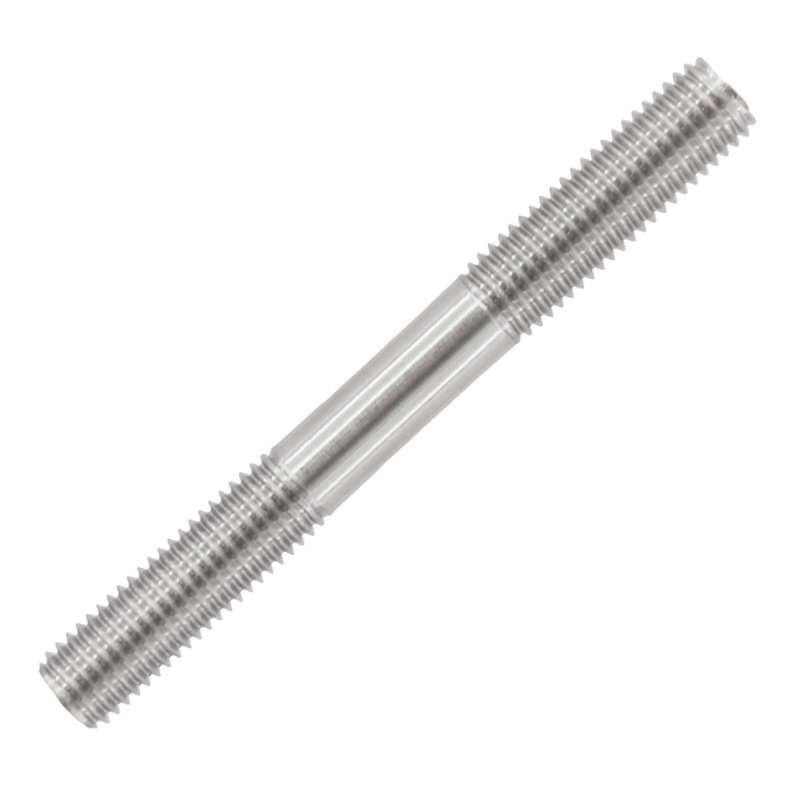

Stainless Steel Self-Tapping Screws for Secure Metal Fastening Solutions
Dec . 09, 2024 20:46 Back to list
Stainless Steel Self-Tapping Screws for Secure Metal Fastening Solutions
The Versatility and Benefits of Stainless Steel Self-Tapping Metal Screws
In the world of construction and manufacturing, fasteners play a crucial role in ensuring the integrity and longevity of various structures. Among the different types of fasteners available, stainless steel self-tapping metal screws have garnered significant attention due to their superior characteristics and versatility. This article delves into the benefits, applications, and key features of these indispensable components in modern engineering.
What are Stainless Steel Self-Tapping Metal Screws?
Stainless steel self-tapping screws are specialized fasteners designed to create their own mating threads as they are driven into materials. Unlike traditional screws that require pre-drilled holes, self-tapping screws can bore into metals, plastics, and other materials, making them a popular choice in a variety of applications. The use of stainless steel offers unique advantages, primarily its resistance to corrosion and acceptable strength in demanding environments.
Advantages of Stainless Steel
1. Corrosion Resistance One of the most significant benefits of stainless steel is its inherent corrosion resistance. Composed of iron, chromium, and often nickel, stainless steel can withstand exposure to moisture, chemicals, and extreme temperatures. This attribute is vital for applications in coastal regions or environments where exposure to harsh elements can lead to rapid degradation of other materials.
2. Durability and Strength Stainless steel self-tapping screws are known for their durability. They can handle high-stress applications without deforming or breaking, contributing to the overall structural integrity of assembled products. This makes them an excellent choice for heavy-duty installations.
3. Aesthetic Appeal For visible applications, the sleek, polished look of stainless steel can enhance the aesthetic appeal of products. Various finishes and styles are available, allowing manufacturers to choose screws that complement the design of their product.
Applications of Stainless Steel Self-Tapping Screws
The versatility of stainless steel self-tapping screws allows for their use in numerous industries
1. Construction In building applications, these screws are often used for fastening drywall, metal studs, and roofing materials as they can penetrate both wood and metal surfaces effortlessly.
stainless steel self tapping metal screws

3. Manufacturing Many manufacturers rely on stainless steel self-tapping screws in assembly lines, where speed and precision are critical. These screws minimize the need for additional hardware, reducing material costs and assembly time.
4. Electronics The electronics industry uses stainless steel screws for securing components in devices, providing reliability and a degree of protection from corrosive elements.
5. Marine Applications Given their corrosion resistance, stainless steel self-tapping screws are extensively used in marine environments for boat building and repairs, allowing for reliable performance in wet conditions.
Key Features to Consider
When selecting stainless steel self-tapping screws, several factors should be considered
1. Thread Design The type of thread can impact the screw's performance. Fine threads are often used for softer materials, while coarse threads are suitable for denser components.
2. Head Style Various head styles, including pan, flat, and hex, affect the accessibility and torque application. Choosing the right head style is essential for the intended application.
3. Diameter and Length Sizing is crucial—selecting the correct diameter and length ensures a secure fit and prevents material damage or failure of the assembly.
4. Coating Options Some stainless steel screws come with additional coatings for enhanced corrosion resistance, making them suitable for specialized applications.
Conclusion
Stainless steel self-tapping metal screws are a reliable and efficient solution for a wide range of applications, offering distinct advantages over traditional fasteners. Their exceptional corrosion resistance, combined with their ability to create threads in various materials without pre-drilling, makes them an indispensable component in construction, manufacturing, automotive, and marine industries. As technology and designs evolve, the role of these screws will only continue to expand, highlighting their importance in modern engineering.
Latest news
-
Premium Fasteners Manufacturer | AI-Driven Solutions
NewsAug.01,2025
-
Hot Dip Galvanized Bolts - Hebei Longze | High Strength, Corrosion Resistance
NewsAug.01,2025
-
High-Strength Hot Dip Galvanized Bolts - LongZe | Corrosion Resistance, Custom Sizes
NewsAug.01,2025
-
Best Self Tapping Screws for Drywall - Fast & Secure Installation
NewsJul.31,2025
-
High-Strength Hot Dip Galvanized Bolts-Hebei Longze|Corrosion Resistance&Customization
NewsJul.31,2025
-
Hot Dip Galvanized Bolts-Hebei Longze Metal Products|Corrosion Resistance&High Strength
NewsJul.31,2025

